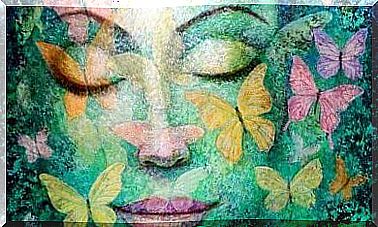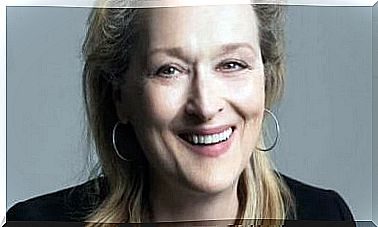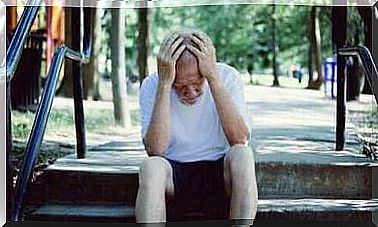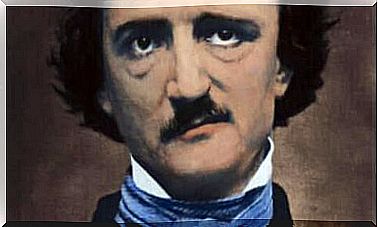The Psychological Effect Of Differences
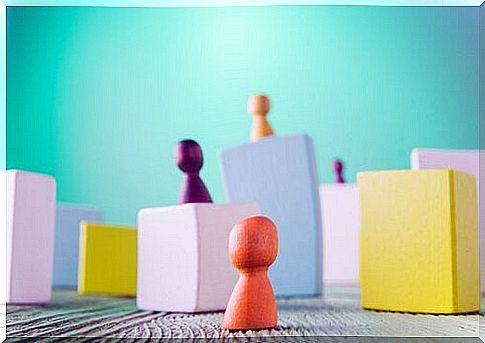
Differences in society obviously affect our lifestyle as well as our quality of life. However, the effects of inequality do not stop there. There are also psychological effects we must be aware of.
The current context is characterized by difficulties and economic instability, and it tends to create greater differences between social classes. That is why we have three well-defined classes: the rich (those who can have what they want), the middle class (those who have much less than rich people) and the poor (those who have nothing). Economic and social classes produce the psychological effects we are talking about here.
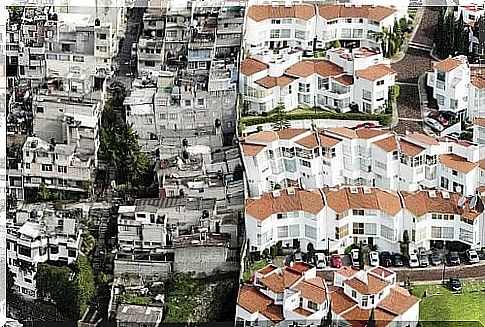
Daily differences
The social class we belong to affects the way we perceive reality, how we feel, and how we behave. Lower classes tend to experience that the events that take place around them are dependent on external forces that are beyond their control. These people tend to be more empathetic and compassionate. In addition, they tend to do nice things for others without expecting anything in return.
On the other hand, the difference between how much money the poorest have and the money the richest people have will determine society’s economic inequality. Thus, if the rich have 20 times more money than the poor in one society and 1000 times more in another, the first society will have less economic inequality than the second. Similarly, people from more diverse societies tend to be more dissatisfied, compete more for financial resources, and favor economic inequality.
Differences in social classes
We all grow up in a certain social class. In fact, most of us will always live in a social class very similar to the one we grew up in. Therefore, we develop a way of thinking, feeling and acting similar to that of the people around us. This in turn determines the way we relate to other people.
Lower classes usually live in unsafe environments, places where they feel very vulnerable and often become frightened. This leads them to believe that their actions and the possibilities they have are not dependent on them, but on external forces they cannot control. They are basically more sensitive to the context.
Upper classes have more financial resources and a higher social hierarchy. They live in a society with more security, freedom of choice and stability. Therefore, these people learn to experience that they have the ability to influence the context, and unlike lower classes, they become more sensitive to what others think of them.
Although the lower class develops greater empathy, upper-class individuals are more precise in identifying the feelings of the people they are dealing with (cognitive empathy).
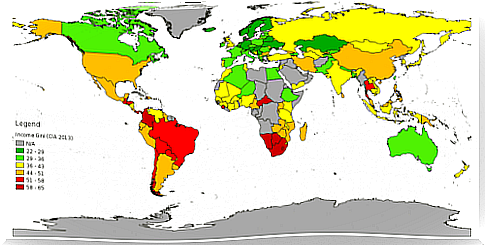
Economic inequality
Economic inequality is a consequence of the way resources are distributed in a society. The distribution may be more egalitarian or more diverse.
At first glance, it is clear that lower classes are struggling more in different societies. They may have problems with things like obesity, unwanted pregnancy, substance abuse and higher crime. However, there are also psychological problems that we must take into account.
People living in more diverse societies tend to be more suspicious. Therefore, they tend to behave rudely towards others and participate less in social activities. On the other hand, there is much more competitiveness in very different societies. When people feel underestimated, it is not uncommon to experience high levels of anxiety, especially when they have low status. Some people try to avoid this by valuing themselves in a more positive way.
Ultimately, equal communities are the best to live in. They have many benefits. In addition, social classes tend to be more equal in equal societies.
The worst part about social inequality is that the greater the inequality in a country, the more likely it is that citizens will prefer a more diverse society and worry less about the problems this may cause.

